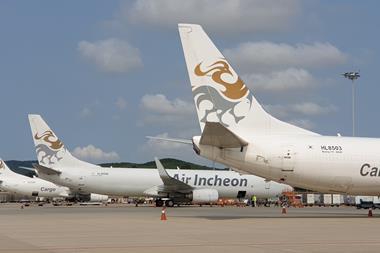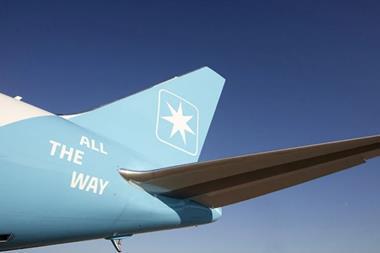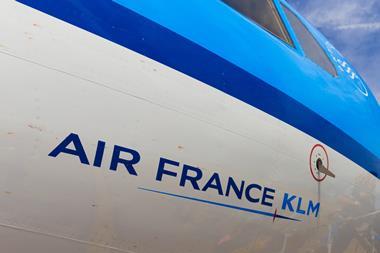UPS has begun testing drones to make commercial deliveries of packages to remote or difficult-to-access locations, working together with drone-maker CyPhy Works.
The two companies staged a mock delivery of an urgently needed asthma inhaler from Beverly, Massachusetts, to Children’s Island, three miles off the Atlantic coast.
The drone flight is part of an investment made by The UPS Strategic Enterprise Fund in CyPhy to gather information about drone uses and capabilities.
“Our focus is on real-world applications that benefit our customers,” said Mark Wallace, UPS senior vice president of global engineering and sustainability.
He added: “We think drones offer a great solution to deliver to hard-to-reach locations in urgent situations where other modes of transportation are not readily available.”
In August, the US Federal Aviation Administration (FAA) issued new rules that expanded the uses of drones in commercial applications. Operators must adhere to important safety regulations.
UPS appointed Captain Houston Mills, UPS Airlines’ director of safety, to the FAA’s new drone advisory committee and intends to keep working closely with regulators “to stay on the right path”.
UPS has been testing drones in warehouses to check high storage racks to confirm stock or available space. The company also is exploring the use of drones to deliver humanitarian aid in hard-to-reach parts of the world.
“We’re thrilled to partner with UPS in this endeavor,” said Helen Greiner, CyPhy’s founder and chief technology officer. “Drone technology used in this way can save lives and deliver products and services to places that are difficult to reach by traditional transit infrastructures.”
The CyPhy drone used in the test is the Persistent Aerial Reconnaissance and Communications (PARC) system. The battery-powered drone flies itself, requiring little user training.
“It is extremely durable, has night vision and features secure communications that cannot be intercepted or disrupted,” said UPS.










